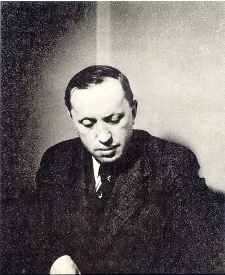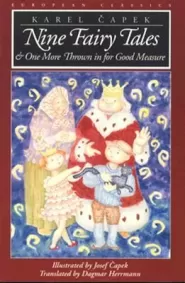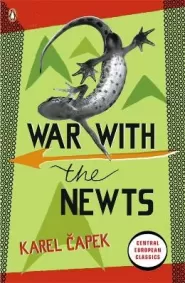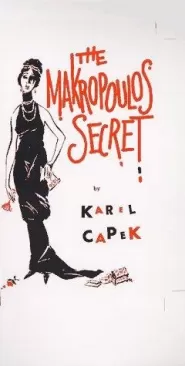The Absolute at Large
Original title: Továrna na absolutno.
In this satirical classic, a brilliant scientist invents the Karburator, a reactor that can create abundant and practically free energy. However, the Karburator's super-efficient energy production also yields a powerful by-product. The machine works by completely annihilating matter and in so doing releases the Absolute, the spiritual essence held within all matter, into the world. Infected by the heady, pure Absolute, the world's population becomes consumed with religious and national fervour, the effects of which ultimately cause a devastating global war. Set in the mid-twentieth century, "The Absolute at Large" questions the ethics and rampant spread of power, mass production, and atomic weapons that Karel Capek saw in the technological and political revolutions occurring around him.
Stephen Baxter provides an introduction for the "Bison Books" edition. Karel Capek (1890–1938) was an acclaimed Czech author of novels, plays, essays, political writings, and short stories. His works include "R.U.R.", the famous play in which Capek coined the word 'robot'. Stephen Baxter is the author of several science-fiction works, including the Philip K. Dick Award-winning "Vacuum Diagrams", and the co-author, along with Arthur C. Clarke, of "The Light of Other Days".
Karel Capek
Karel Capek (1890–1938) was one of the most influential Czech writers of the 20th century. He introduced and made popular the frequently used international word robot, which first appeared in his play R.U.R. (Rossum's Universal Robots) in 1921. Karel credited his brother, Josef Capek, as the true inventor of the word robot.
Capek was born in Malé Svatonovice, Bohemia, Austria-Hungary (now the Czech Republic).







